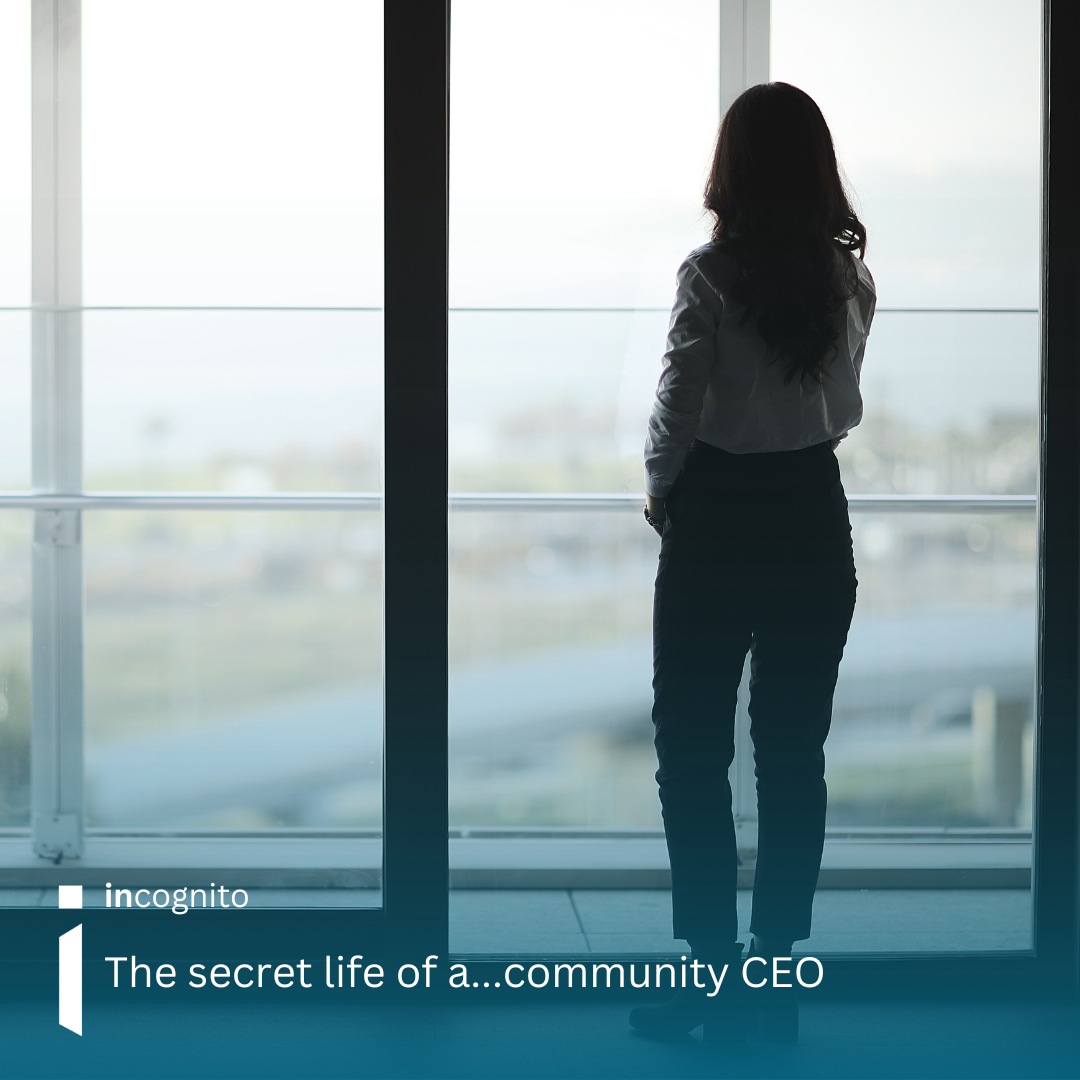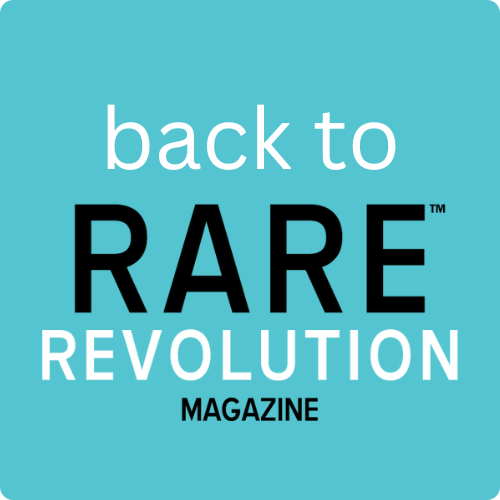incognito: the secret life of a…community CEO
Steadying the ship of resilience
Estimated reading time: 6 minutes

“I have been at the centre of patient and community work within rare disease for over a decade and see much positive progress. But one thing is clear—there remains much still to do, and the uncertain landscape of today is making that feel precarious. My work lays in building relationships and making connections to solve problems. I strive to ensure that as an organisation we work hard to drive conversations and find new ways of doing things.”
What is front of mind in your business currently?
Top of mind this year is making sure our business is resilient in these strange and unpredictable times. It is vital that emerging volatile environments don’t negatively impact the community we serve.
There is a saying “America sneezes and the world catches a cold” and I am sure I won’t be alone in having concerns that the drastic decision making at the White House regarding the life science sector will have a negative impact around the globe. For the rare disease community it’s not only loss of vital funding it is the loss of talent— talent that is already limited in this field.
Embedding patient engagement and patient, public, involvement has been hard fought over the last 20 to 30 years as have DEI initiatives to improve diversity in research and care provision. Both are vital to the success of research, drug development and health and social care strategies. It is devastating to see decades of work and progress put at risk in a matter of weeks with no evidence-based decision making and we are holding our breath to see the short, medium and long-term impact.
The impact is already being felt in Europe where the joint statement by Eurordis and the European Patients Forum calls to protect andstrengthen meaningful patient involvement in European Medicine Agency decision-makingfollowing concerns that “the inclusion of four patient representatives with voting right on the Committee for Medicinal Products for Human Use (CHMP) and in the Pharmacovigilance and Risk Assessment Committee (PRAC), are being discarded or significantly weakened”. Whether emboldened by recent events in the USA or a mere coincidence these are worrying developments that must be pushed back against.
Rare disease is a global issue and there is always more to be done to ensure coordinated global effort delivers maximum national impact – what we can’t afford is a step backwards and I would call for business and advocacy leaders to do all they can to protect and maintain progress in these areas.
What are the greatest challenges you face as a CEO, what are your pain points and barriers to overcome?
As the CEO of a small niche business you wear many hats and it can be difficult to pull yourself out of the day to day to ensure that you are working on the business. At difficult times this is particularly important. Small business can be at a much more sensitive to volatile climates. Larger corporations rarely give a thought to their smaller service providers downstream in their own decision making and our greatest challenge is being resilient to the whim of larger clients.
We try to be agile whilst also staying in our own lane and that takes creativity, nerve and the buy-in and support of a motivated team.
What are the greatest opportunities yet to be realised or on the horizon for your business?
It is a difficult time for our wider industry and I feel there is an opportunity in us coming together as an industry to rejuvenate. I think our industry could learn a lot from grass root rare disease where the saying “stronger together” has borne dividends in raising awareness.
It can be difficult to balance competition and collaboration, and we have had our fair share of falling victim to expertise mining (where you are asked to present a proposal and the company takes your ideas and uses them internally). But I do feel there is some neutral ground and, with the right intent, together we could make the industry a more resilient one that benefits everyone.
If you could create overnight change, what would it be?
Oh that would be to make people realise how important marketing is. Not only marketing but the distribution of marketing. I see it time and time again, Company [insert] has a study or new digital tool, the success of which entirely rests on reaching a diverse and hard to reach, community of small numbers. They may or may not spend money on the marketing, but they never provide a budget for distribution to reach the people who the success of the product or project relies upon.
Relying on earned media for the success of a project is a sure-fire way for the results to fail to meet the projections. Don’t rely on earned media for success and provide your marketing teams with the proper resource to make sure the great work they do is actually seen by the people you are trying to reach.
The wonderful marketer Rory Sutherland always puts it well “when products/projects succeed, we forget the extent to which marketing was actually instrumental or decisive in their success”.
So my overnight change would be that businesses value and support the distribution costs of marketing.
What is the next ‘go-to’ event in your diary and why?
By the time of publishing, this event will actually have passed but I really want to give it a shout out – Metabolic Support Living Well Symposium. There are enough conferences and symposiums each year that focus on research and drug development to keep you out of the office every single week but there are hardly any that focus on living well for the rare community.
In the time I have been working in this field (over a decade) the statistic on the number of rare diseases with a licensed treatment has not changed and sits at around 5%. All energy, strategy and resource seem to focuss on improving that number. However, 100% of people living with a rare disease, and their caregivers, could benefit from policy, health and social care, education and support that would allow them to live well with their rare diseases.
Bravo Metabolic Support UK, and I hope to see more of these types of events in the future.
incognito provides a candid look behind corporate closed doors in the RARE disease world.
To access more incognito articles click below.

